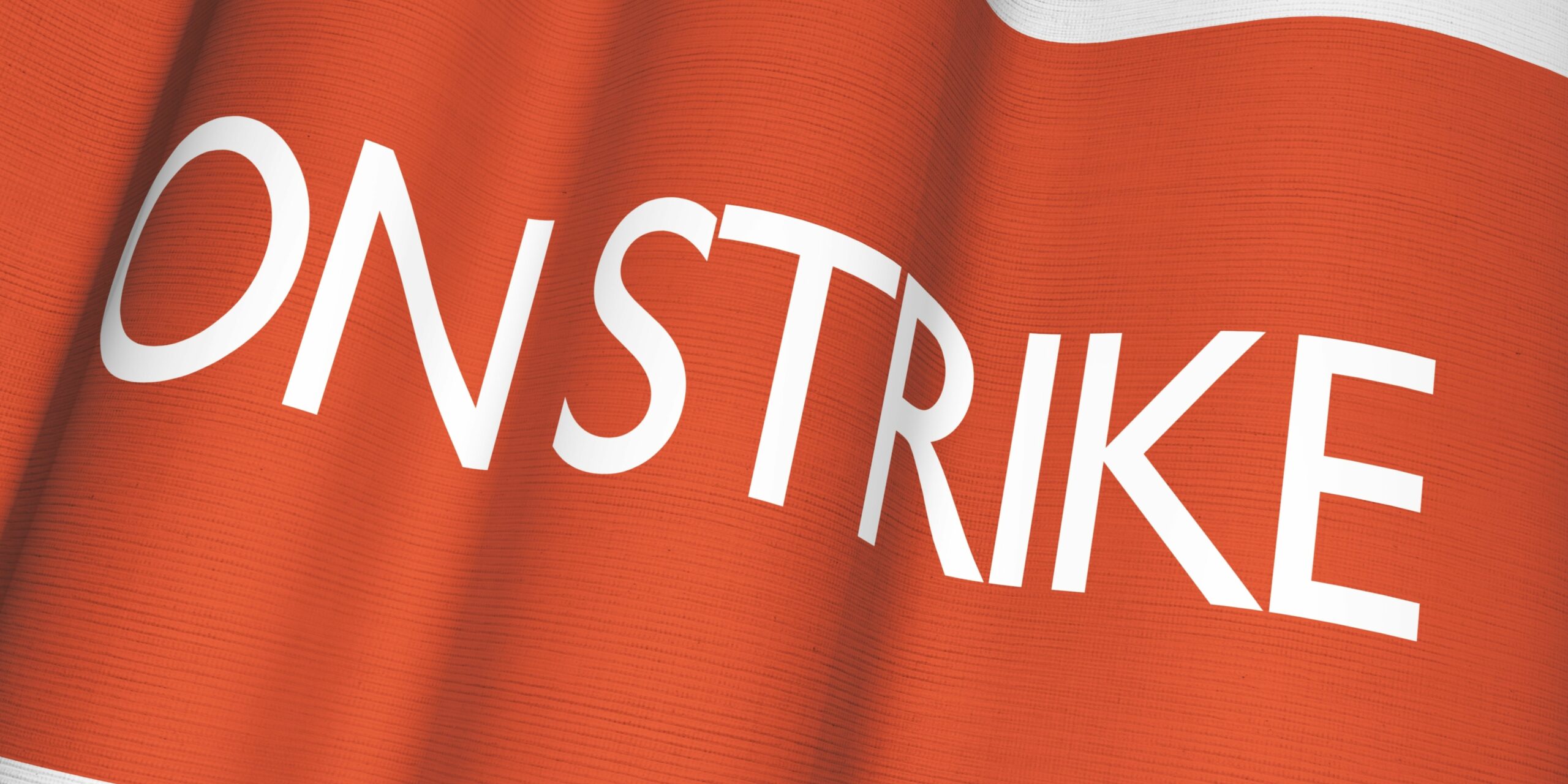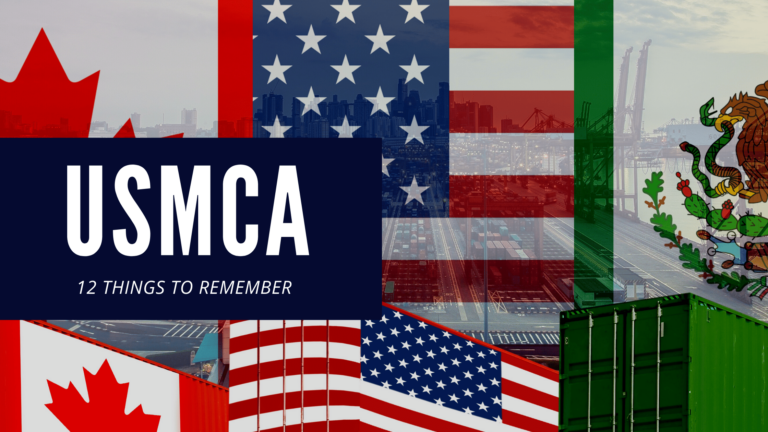United Auto Workers (UAW) Will Not Expand Strikes at GM, Ford, Stellantis This Week
The United Auto Workers (UAW) has announced that it will not expand the strikes at General Motors (GM), Ford, and Stellantis this week, signaling progress in the ongoing negotiations. This decision comes after General Motors agreed to include battery cell workers under the national agreement, which has been a long-standing demand of the union.
The Inclusion of Battery Cell Workers
General Motors made a last-minute proposal to include battery cell workers under its national agreement, leading the UAW to decide against expanding the strikes. This move by GM is seen as a significant win for the UAW, and it has the potential to transform the negotiations. The union had planned to shut down GM’s Arlington Assembly plant, but the inclusion of battery cell workers in the agreement has changed the situation.
Implications for Other Automakers
General Motors’ agreement with the UAW to include battery cell workers puts pressure on Ford and Stellantis to do the same. Traditionally, the UAW patterns agreements off one another, ensuring “equal pay for equal work” for its members. Therefore, the successful inclusion of battery cell workers by GM is likely to influence negotiations at other automakers.
Contention Surrounding Battery Plants
Battery plants have been a point of contention in this year’s negotiations between the UAW and the three Detroit automakers. The union has argued that the automakers’ formation of joint ventures with battery makers is a plan to shut out the UAW from the new factories. The automakers, on the other hand, claim that the battery plants are not covered by their agreements with the union because they are owned by joint ventures.
Progress in Negotiations
According to UAW President Shawn Fain, progress has been made in the negotiations with Ford and Stellantis as well. Ford has offered a 23% raise over the expected four and a half year contract, while GM and Stellantis are at around 20%. Additionally, all three automakers have agreed to enhance proposals, including the reinstatement of a cost-of-living adjustment that the union lost over a decade ago.
The Impact of the Strikes
Currently, approximately 17% of UAW members covered by the expired contracts with the Detroit automakers are on strike, totaling 25,200 workers. The strikes have affected vehicle production, including popular models from Ford, Stellantis, and GM. The ongoing strikes have led to parts shortages and production delays, causing financial losses for the automakers.
Conclusion
The United Auto Workers’ decision not to expand strikes this week at GM, Ford, and Stellantis indicates progress in the negotiations. General Motors’ agreement to include battery cell workers under the national agreement serves as a transformative win for the union. The inclusion of battery cell workers has implications for negotiations with other automakers and highlights the ongoing challenges surrounding battery plants. As the negotiations continue, both the UAW and automakers are hopeful for a tentative agreement that addresses the union’s demands and ensures a just transition for workers.
Source: https://www.cnbc.com/2023/10/06/uaw-will-not-expand-strikes-this-week-at-gm-ford-stellantis-.html












